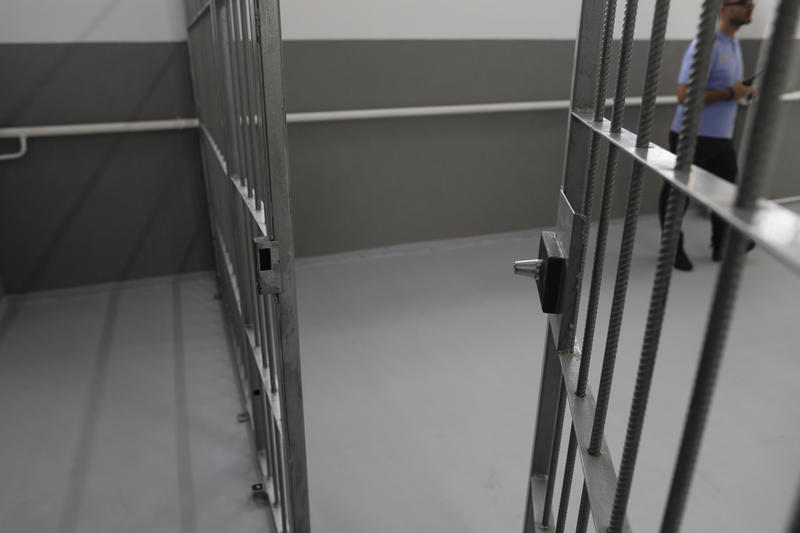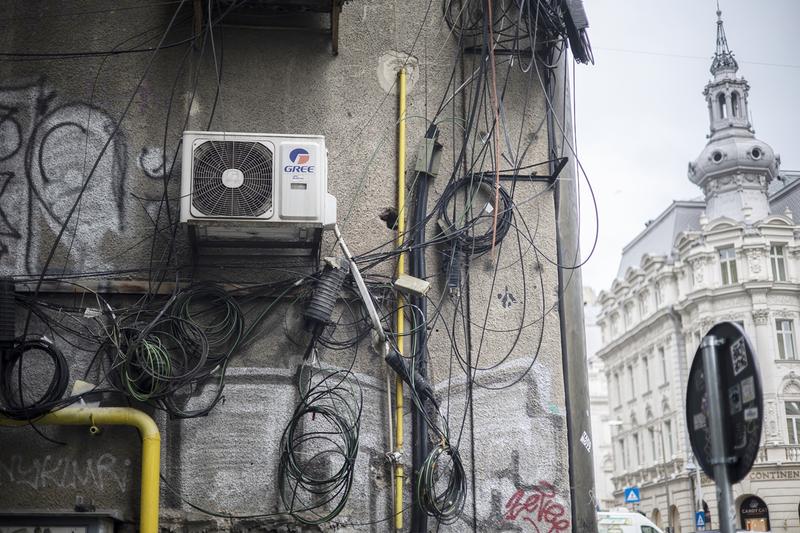Romania's Justice Ministry has published a Strategy for Development of Justice as Public Service 2010-2014, a document due to be forwarded for public consultation before it is adopted by the Government. The strategy in its initial form is structured in "major" and "minor reform", proposes substantial changes to the act of justice and contains a series of vague proposals on sensitive issues.
Provisions of the Strategy:
Minor Reform
- simplified subpoena procedures, multi-party cases included
- elimination of appeal for certain types of cases
- reduced responsibilities for the High Court of Justice, related especially to penal cases, a move aimed at simplifying the role of the High Court
- changes to the norms of procedure - included in the draft penal procedure code) aimed at cutting down the number of files tackled by judiciary bodies
Major Reform
1. Changes to Law 303/2004 on the statue of judges and prosecutors
- a lower number of activities seen as incompatible or illegal for judges and prosecutors (HN note: judges and prosecutors are currently now allowed to get involved in a series of activities including commerce, for example. It is yet unclear what such a reduction would involve)
- a review of delegation and transfer procedures
- a review of material and disciplinary accountability of magistrates
- a reevaluation and possible review of the disciplinary action procedures by boosting the role of the Justice Ministry in such procedures (HN note: disciplinary action against magistrates was the exclusive responsibility of the Supreme Council of Magistrates so far)
- providing the prosecutor general with the role to apply certain minor disciplinary sanctions on prosecutors directly; and providing the presidents of courts of appeals with the role to apply certain minor disciplinary sanctions on judges directly
- a review of procedures to select candidates for top positions at the High Court of Justice
2. Changes to Law 47/1992 on Constitutional Court
- elimination of automatic suspension of court cases by lifting exceptions of non-constitutionality (HN note: one of the instruments currently used to delay court cases is the use of exceptions of non-constitutionality)
3. Strenghtening the Supreme Council of Magistrates (CSM) responsibilities
- improving the CSM transparency
- continuous, proactive policy to combat integrity problems within the system
- improving the level of objectivity and democratization of CSM
4. Strengthening High Court of Justice capacity and responsibility
- rethinking the institution of recourse in the interest of law
5. Reorganisation of Public Ministry
- a review and change of the National Anti-Corruption Department (DNA) regulation to bring it in line with High Court of Justice prosecutor's office (HN note: a very sensitive issue as one of the key objectives negotiated with European Commission is keeping the legal operating framework for DNA)
6. Reorganisation of the National Institute of Criminal Expertise
- elimination of state monopoly on criminal expertise
7. National Administration of Penitentiaries
- launching a program to expand the network of penitentiaries in public-private formulas or any other formulas that would bring in supplementary funding
8. Consolidation of integrity within the judicial system
9. Modernization of the statute of certain judicial or related professions - lawyers (common rules of access to bar), notaries (clarified parts of their statute), insolvency experts (their involvement in other procedures besides insolvency-related ones) and others



















